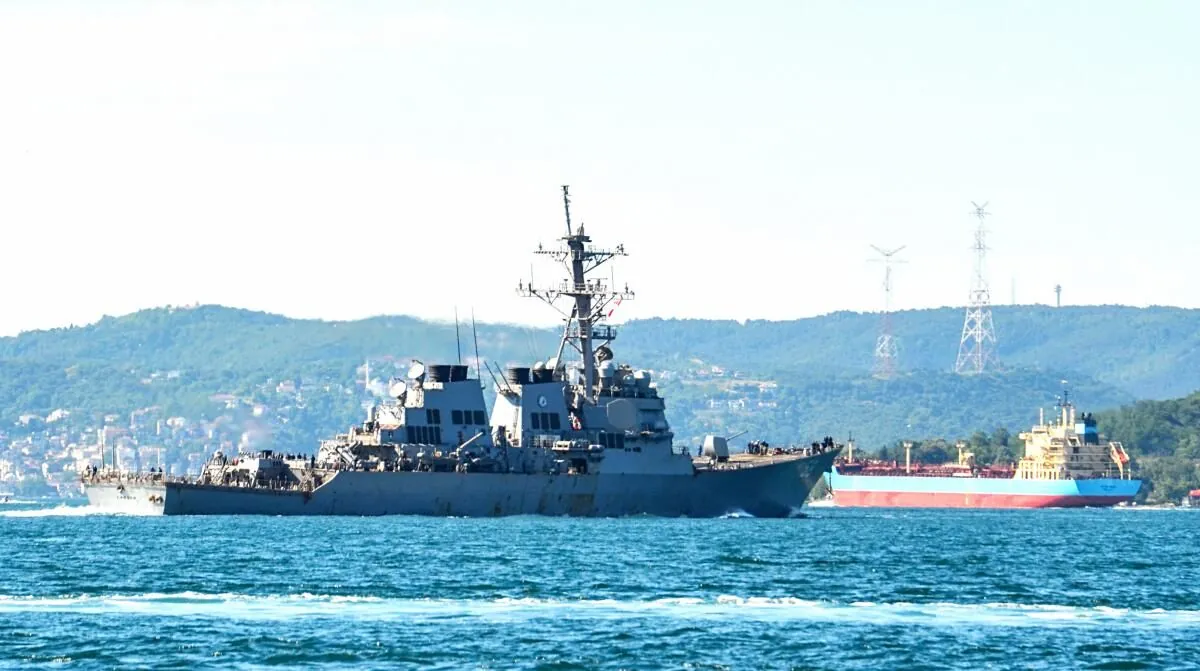In a recent development, Aidarous al-Zubaidi, Yemen's vice president and head of the Southern Transitional Council, has called for a unified strategy to address the growing threat posed by Houthi rebels in the Red Sea region. Speaking at the United Nations General Assembly, Zubaidi emphasized the urgent need for local, regional, and international stakeholders to collaborate on containing the Iran-backed group.
The Houthi movement, which emerged in the 1990s, has been a significant player in Yemen's complex political landscape. Since taking control of Sanaa, Yemen's capital, in 2014, the group has been engaged in a protracted conflict with the internationally recognized government and a Saudi-led coalition. This ongoing civil war, now in its tenth year, has resulted in one of the world's most severe humanitarian crises.
Zubaidi expressed concern over the Houthis' increasing military capabilities, suggesting that Iran may be using the group to test advanced weaponry, including potential hypersonic missiles. These missiles, capable of traveling at speeds exceeding five times the speed of sound, could significantly alter the regional balance of power if acquired by the Houthis.
The vice president highlighted the strategic importance of the Bab el-Mandeb Strait, a crucial shipping lane connecting the Red Sea to the Gulf of Aden. Recent Houthi attacks on commercial and military vessels in this area have raised alarms about the security of global trade routes. The Red Sea, home to several vital ports, plays a critical role in international commerce.
Zubaidi pointed out that current efforts by Western powers, including the United States and Britain, to curb Houthi capabilities have had limited success. He called for a more comprehensive approach, stating:
"We think that it's the moment that we join all the stakeholders, local, regional, and also international, to come together to find a strategy, a new strategy to tackle them."
The conflict's complexity is further underscored by the involvement of multiple regional and international actors. The United Nations Security Council has passed several resolutions addressing the Yemen conflict, yet a lasting solution remains elusive. The Houthis' alleged human rights violations and their designation as a Foreign Terrorist Organization by some countries have further complicated peace efforts.
Zubaidi also raised concerns about the port of Hodeidah, which he described as an "easy gateway" for smuggling equipment to the Houthis. This port, handling a significant portion of Yemen's imports, has been a focal point of international concern due to its strategic importance and humanitarian implications.
The ongoing hostilities have effectively frozen peace initiatives in Yemen. Zubaidi expressed pessimism about the prospects for peace talks in the near term, emphasizing the need for a unified, comprehensive strategy to contain the Houthi threat.
As the situation in Yemen continues to evolve, the international community faces the challenge of balancing security concerns with humanitarian needs. The conflict's impact on Yemen's economy and civilian population remains severe, underscoring the urgency of finding a sustainable resolution to the crisis.
